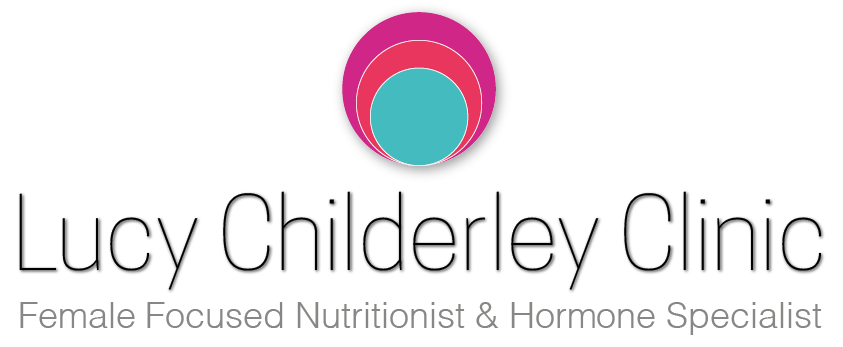• Did you know? We can lose up to 10% of our bone density during the first 5 years of menopause?
• Did you know? 1 in 3 Women over 50 will suffer an osteoporotic fracture, usually in the hip, ankle or wrist and 50% will be unable to live independently thereafter. Even worse, 20% will die.
What are osteoporosis and osteopenia?
Osteoporosis and osteopenia are conditions that affect bone density and strength. Healthy bones are constantly being formed and destroyed, but when this balance becomes disrupted, we can lose more than we build.
Osteopenia is a precursor to osteoporosis, characterised by lower than normal bone density (BMD) but not to the extent of osteoporosis.
In osteoporosis, bones become brittle and weak, increasing the risk of fractures, even with minor trauma or stress.
Both conditions are often asymptomatic until we break a bone, which is why early detection is crucial, especially if we have any other risk factors.
10 Risk Factors For Osteopenia and Osteoporosis
- Genetics- we are at higher risk if we have a family with these diseases.
- Menopause- decreasing oestrogen, progesterone and testosterone can impact bone formation and loss.
- Gut health – malabsorption of nutrients needed for bone health and diseases such a coeliac can increase risk.
- Inflammation – can cause bone destruction.
- Lack of bone building nutrients, – Vitamin D deficiency as well as boron, Vitamin K2, calcium, magnesium, molybdenum, manganese, phosphorus and strontium. One study showed a 11% increase in bone density after supplementing with magnesium- most of us are slightly deficient.
- High alcohol intake – small amounts may be beneficial, yet this is inconclusive.
- High caffeine intake-Fewer than 2 cups seems ok.
- Fizzy drinks can block calcium absorption.
- Smoking.
- Lack of exercise- especially weight bearing.
8 Actions You Can Take To Protect Your Bone Health.
- Avoid or reduce gluten if you have a sensitivity.
- Reduce caffeine, alcohol to the safer levels and remove fizzy drinks.
- Quit smoking.
- Improve gut health by chewing well and eating a diet rich in fibre. We can run comprehensive stool tests to investigate what is happening in your bowel and then support accordingly.
- Identify and improve nutrient deficiencies by eating healthy fats, lean protein, whole-grains, plenty of vegetables and drinking filtered water. This also help reduce inflammation. We can run tests in clinic to see what you might be low and to check your inflammation markers.
- Support your hormone balance during menopause by eating phyto-oestrogens and reducing stress. We can run the Dutch (dried urine test for comprehensive hormones) and blood tests to check your actual hormone levels and much more.
- Do regular weight bearing exercises, such as walking, pilates and weights.
- Check if it’s in your family and speak to your GP about getting a DEXA test. From the age of 65yrs you can get this on the NHS. If younger, you may want to speak to your GP about options or take a private test with https://www.vista-health.co.uk. Another great option is to do an in-home urine test. This is such an easy and cost effective way to test that I have joined forces with https://osteolabs.co.uk to offer clients a £10 discount. All you need to do use this code at the checkout – OSTEOKitLC10.
Want More Help?
As you can see there is so much we can do to support our bone health, and the sooner in life we make these changes, the better.
If you decide to run one of the tests and need support or if you are concerned you may be at risk, I’d love to help you.
Lucy
Book a free 15 mins call- HERE | Facebook | Instagram | My Shop

Recent Comments